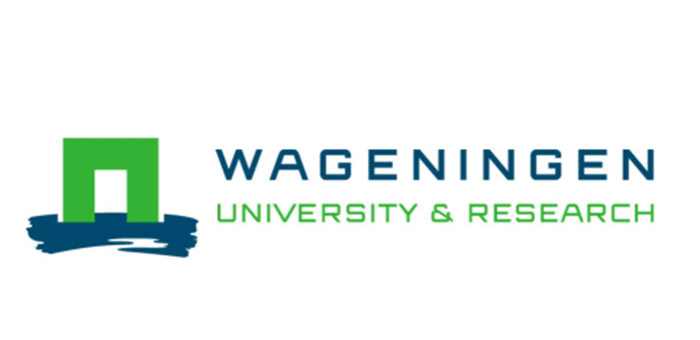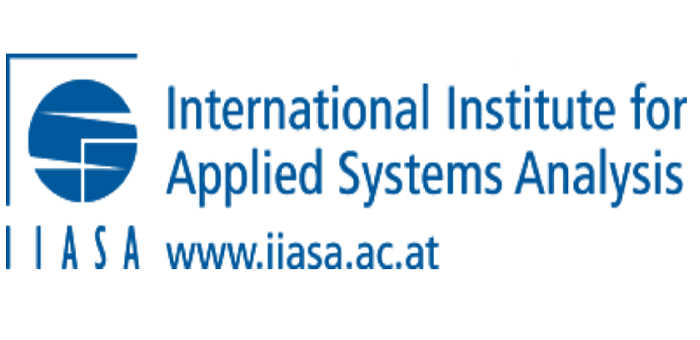Modelling interactions between humans and nature
Human activities are causing major changes in biodiversity and ecosystems across the globe. Models are indispensable to quantify these changes and assess the effectiveness of measures to conserve and restore nature. The GLOBIO model is developed by PBL Netherlands Environmental Assessment Agency in collaboration with various partners and is designed to inform and support policy-makers by quantifying global human impacts on biodiversity and ecosystems. The model is tightly connected to PBL’s IMAGE model: an integrated assessment model that simulates the global environmental consequences of human activities. Over the past years, the IMAGE-GLOBIO framework has been extensively used for environmental assessments, for example for the Convention on Biological Diversity (CBD) and the Intergovernmental Science-Policy Platform on Biodiversity and Ecosystem Services (IPBES).
GLOBIO serves multiple purposes
GLOBIO can be used to quantify various policy-relevant dimensions of human-nature interactions, including:
- Benefits that people obtain from nature (ecosystem services, also called nature’s contributions to people or nature-based solutions)
- Impacts of human activities on biodiversity and ecosystem services
- Production- and consumption-based biodiversity impacts (‘footprints’)
- Patterns and trends in biodiversity and ecosystem services under future socio-economic development scenarios
- The effectiveness of large-scale policy options for conserving biodiversity and ecosystem services
GLOBIO covers multiple dimensions of nature
Biodiversity is commonly defined as the variety of life, which includes multiple aspects: diversity within species (genetic diversity), diversity between species and diversity of ecosystems. Thus, biodiversity is a multi-dimensional phenomenon, as are the benefits that people obtain from nature. GLOBIO therefore includes multiple complementary model components:
- GLOBIO for assessing terrestrial biodiversity intactness
- GLOBIO-Aquatic for assessing freshwater biodiversity intactness
- GLOBIO-Species for assessing the distribution and abundance of vertebrate species
- GLOBIO-ES for assessing various ecosystem services, including provisioning services, regulating services and cultural services
Latest updates Follow @globiomodel
Assessing ambitious nature conservation strategies in a below 2-degree and food-secure world
Restoring nature and nature's contribution to people, while limiting global warming and ensuring food security, requires ambitious conservation and sustainability strategies. Global biodiversity is...
The BAMBOO project
The GLOBIO team is participating in the NaturaConnect project. Read more about it here!
NaturaConnect webinar on Nature Future Scenarios
Join NaturaConnect’s webinar to explore different Nature Future Scenarios that will help to shape a coherent and resilient trans-European nature network!
Our partners
The GLOBIO model is hosted and maintained by PBL Netherlands Environmental Assessment Agency. For updating and applying GLOBIO, we collaborate extensively with various national and international partners. Past and current partners include:









